What does the expression "Filkin's letter" mean and what does Ivan the Terrible have to do with it
Categories: History
By Pictolic https://pictolic.com/article/what-does-the-expression-filkins-letter-mean-and-what-does-ivan-the-terrible-have-to-do-with-it.htmlWe tell you about the origin of the phraseology "Filkin's letter": where did this phrase come from.
The stable expression "Filkin's letter" is familiar to everyone. Its meaning also does not raise any questions. In Russian, this expression means a stupid, improperly prepared document that has no legal force. But its origin remains a mystery to many.
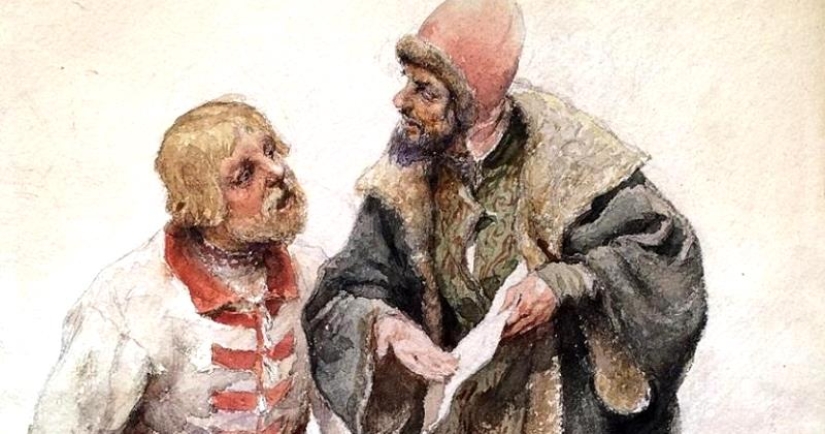
The expression Filkin's letter is used not only in everyday life, but also at a high political level. It is believed that it appeared in the 16th century with the filing of Ivan the Terrible himself.
The period of history 1564-1572 is known in history as Oprichnina. Tsar Ivan the Terrible, with the help of loyal people, eradicated influential opposition boyars. A lot of random people got "under the hot hand", so not everyone approved of the sovereign's policy.
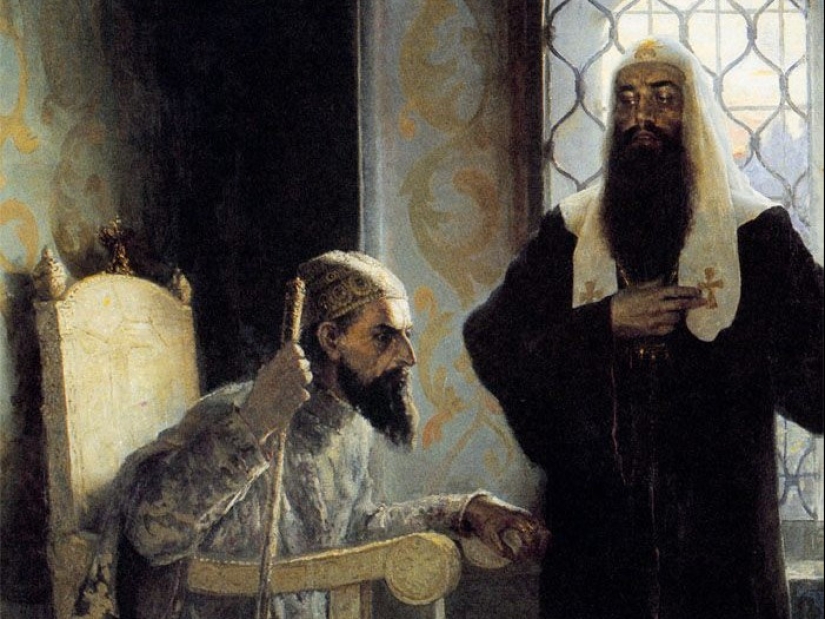
One of the main opponents of the repressions was Metropolitan Philip, known as Fyodor Kolychev before taking office. In 1566, when he was still abbot of the Solovetsky Monastery, he was offered to become a metropolitan. Kolychev agreed, but set Ivan the Terrible a condition — he stops terror. The tsar refused, but the hegumen was still forced by the church leadership to accept the offer.
Although Ivan IV refused to compromise, after Philip took office, the repressions subsided. The Oprichnina did not stop completely, but there were much fewer executions and murders. A lull reigned for only 1.5 years, and in 1566 the massacre resumed with even greater force.
The metropolitan was not afraid to accuse the tsar of tyranny, which turned him against himself. The last straw for Ivan the Terrible was a diatribe delivered by a high clergyman in the Assumption Cathedral. One day the tsar and his guards came to the temple and asked Philip for a blessing. But the metropolitan not only did not give it, but also began to shame the tsar, accusing him of cruelty.
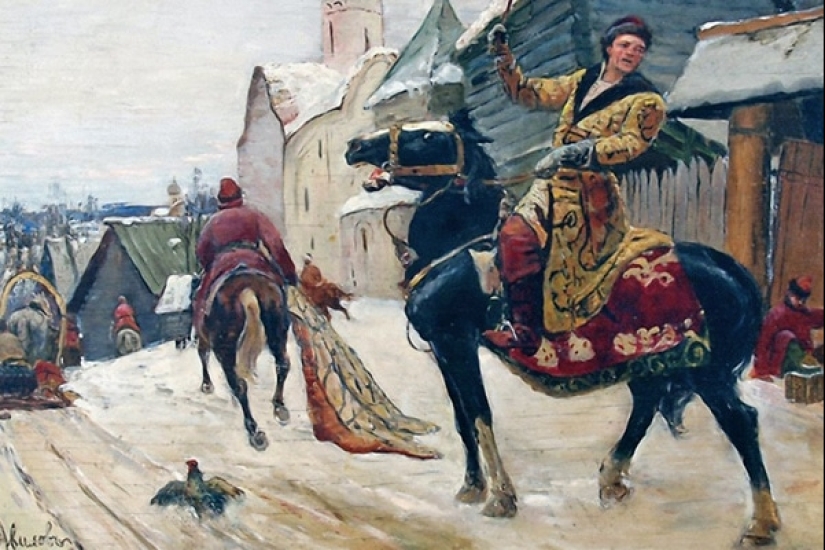
The monarch became enraged, after which Philip was stripped of his high rank and exiled to a monastery. But Kolychev, firm in spirit, did not give up and continued to pester the tsar with letters. In them, he asked Ivan to come to his senses, show Christian mercy and stop the killing machine.
Of course, the messages of the disgraced metropolitan had no effect on the tsar. The tsar mockingly called the exiled Filka, and his letters - "filka's letters." With this expression Ivan the Terrible emphasized the insignificant significance of the appeals of the once chief churchman of Russia.
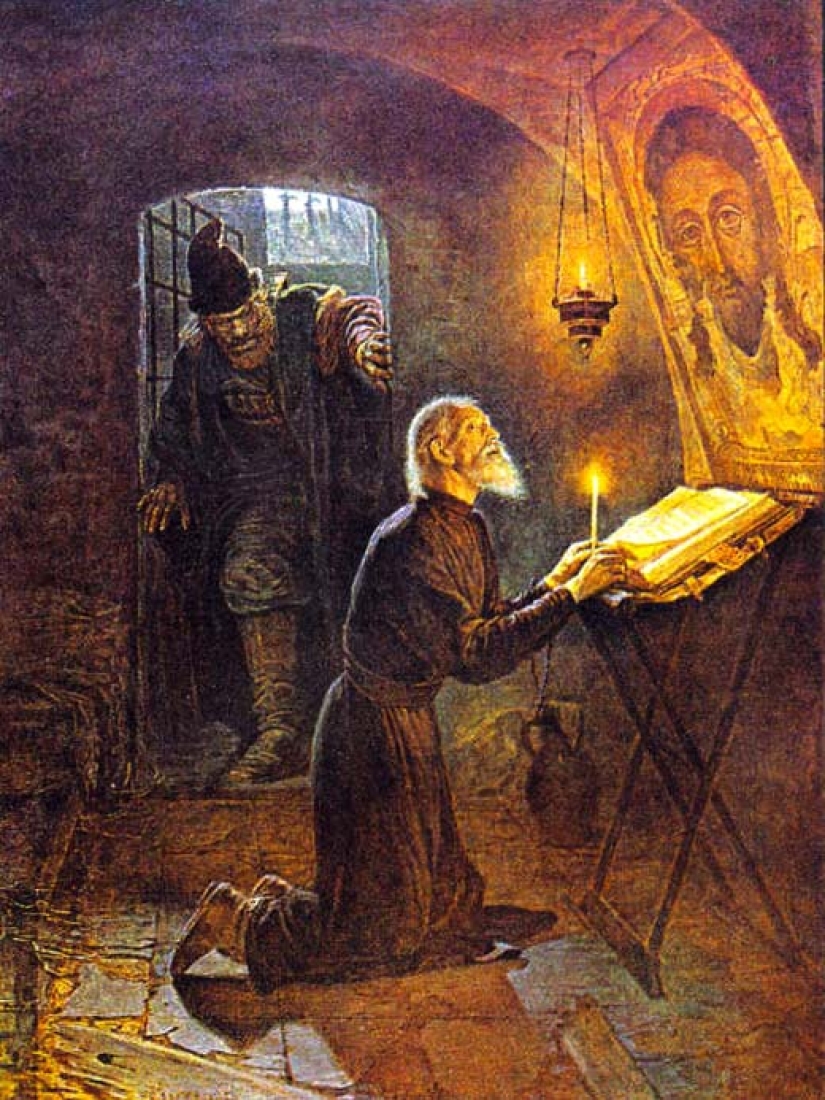
The fate of Philip was sad — in 1569 he was killed right in the Tver monastery. According to the official version, he was deprived of his life by Malyuta Skuratov himself — the main oprichnik and the right hand of the tsar in all bloody affairs. It is believed that Skuratov strangled the elderly metropolitan with a pillow in his cell.
Metropolitan Philip is revered by the Russian Orthodox Church as a saint. In the 1650s, his relics were solemnly transferred from the Tver monastery to Moscow. In honor of this, a procession was held, led by Tsar Alexei Mikhailovich the Quietest himself. Despite the canonization of Philip, the expression "Filkin's letter" remained in the Russian language. "Filks" have long been called simpletons and illiterate people.
There is another version of the origin of the expression. Some researchers are sure that the "Filkin's letter" appeared in the Russian language long before Ivan the Terrible. Filimon, or simply Filka, was a very common vernacular name.
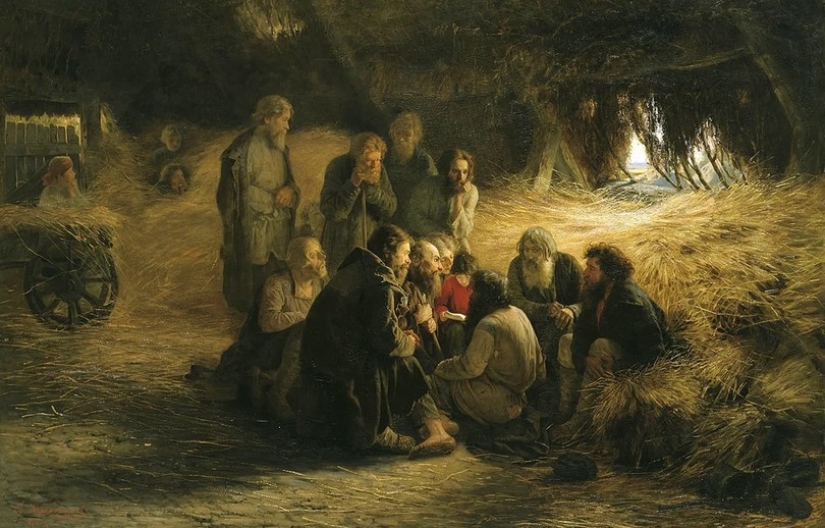
Very often this name was flaunted under petitions addressed to the tsar or petitions to the boyars. The peasants wrote letters illiterate and incoherent, so they began to be called "Filkin's letter" in mockery. It is possible that Ivan the Terrible used this famous phrase as a pun, and not referring specifically to Philip.
Recent articles

We have repeatedly seen that people can be incredibly similar to their parents and even grandparents. But we will never get tired ...

For all lovers of fairy tales and beautiful views of our planet, the German photographer Kilian Schonberger has created a series of ...

If the post-apocalyptic paintings are fictitious events, the disaster movies are often removed based on real events. This, despite ...